It’s Not Just a Quirk: Understanding OCD with Compassion and Clarity
Imagine your brain is stuck on repeat—not just in an annoying song way, but in a way that brings fear, doubt, and discomfort over and over again. You try to stop it, reason with it, even outsmart it, but it keeps coming back. It can feel relentless, overwhelming, and isolating all at once. That’s what living with obsessive-compulsive disorder (OCD) can feel like. Despite how casually people throw around phrases like “I’m so OCD about my desk,” the reality of OCD is far deeper and more complex than most realize. Let’s unpack the truth together—without shame, without fluff, and with scientific research at the center of understanding this disorder.
What OCD Actually Is (And Isn’t)
OCD is a mental health disorder that involves a cycle of obsessions and compulsions. According to the International OCD Foundation (IOCDF), obsessions are unwanted, intrusive thoughts, images, or urges that cause distress or anxiety. Compulsions are the behaviors — physical or mental, that a person feels driven to perform to reduce that distress or prevent something bad from happening. It’s not just being tidy or particular. It’s not a personality quirk or something people can simply “snap out of”. Obsessive compulsive disorder is a serious condition that affects millions of people worldwide — interfering with school, work, relationships, and daily life.
Common OCD Themes (That Might Surprise You)
OCD doesn’t always look like excessive hand-washing or perfectly aligned items. While cleanliness and symmetry can be themes, OCD can also show up in ways that many people don’t expect, such as:
Harm OCD: Fear of hurting others, even without any intention to do so.
Relationship OCD: Persistent doubt about whether you're with the "right" person.
Scrupulosity: Obsessions around morality, religion, or being a "bad" person.
Sexual Orientation or Gender Identity OCD: Intrusive doubts and fears about identity.
It’s important to remember that the content of the obsessive thoughts aren’t the real issue — it’s the brain’s response to uncertainty and its attempts to regain control through compulsive behaviors.
What’s Happening in the Brain?
Research shows that people with OCD have differences in key brain circuits, particularly those involving the orbitofrontal cortex, anterior cingulate cortex, and basal ganglia, which are responsible for decision-making, threat detection, emotional regulation, and habit formation (McLean Hospital, 2025). This helps explain why the "logic" part of the brain often loses out to the "fear" part, even when the person intellectually knows their fears are irrational. Hyperactivity in these circuits causes the brain to misfire threat signals, leading to persistent feelings of danger and the urge to neutralize perceived threats through compulsions.
That’s the exhausting tug-of-war people with OCD often experience: knowing something isn’t logical, but feeling compelled to act anyway. These neurobiological differences also impair the brain’s ability to feel satisfied after a task is completed, reinforcing repetitive behaviors. It's not a matter of willpower to stop the compulsive behavior. It’s a neurological loop that requires targeted intervention to gradually retrain the brain’s response to fear and uncertainty.
What Actually Helps: Evidence-Based Treatment
Here’s the hopeful news: OCD is treatable! The gold standard treatment is Exposure and Response Prevention (ERP), a specific form of Cognitive Behavioral Therapy (CBT.) ERP gently exposes individuals to feared situations or thoughts and helps them resist performing compulsions. Over time, this breaks the obsessive-compulsive cycle. In some cases, medications like Selective Serotonin Reuptake Inhibitors (SSRIs) can also help by adjusting brain chemistry and reducing symptoms. Because OCD can feel isolating, having a community of support is an important part of effective treatment.
To Those Living with OCD: You Are Not Your Thoughts
Obsessive-compulsive disorder is a liar. It whispers worst-case scenarios and convinces you that your worth, safety, or goodness depends on neutralizing them. The truth is that having a thought does not make it true, and having a fear does not make it a fact. You are not broken, not dangerous, and not your OCD. With the right support, you can live a life that isn’t dictated by fear or rituals. Recovery doesn’t mean the thoughts never appear — it means you learn how to respond differently and take back your power.
If You’re Struggling
You are not alone, and help is available.
Find an ERP-Trained Therapist:
Search the International OCD Foundation’s Provider Directory or Psychology Today’s OCD therapist listings.Explore Medication Options:
Talk to your doctor or a psychiatrist about whether SSRIs may be a helpful part of your treatment planConnect with a Community:
Organizations like IOCDF and OCD Gamechangers provide support, education, and encouragement.Read Empowering Resources:
Books like Freedom from Obsessive Compulsive Disorder by Dr. Jonathan Grayson and Obsessive Compulsive Disorder: Elements, History, Treatments, and Research (Health and Psychology Sourcebooks by Leslie J. Shapiro) offer practical guidance and hope.
Obsessive-compulsive disorder is not a life sentence — it’s a challenge that can be understood, treated, and navigated with courage and compassion. It is a disorder rooted in the brain, not a reflection of a person’s character or strength. While OCD can feel overwhelming, confusing, and isolating, it is important to remember: you are not your thoughts, and you are not alone.
Effective, evidence-based treatments like exposure and response prevention (ERP) and supportive communities offer real hope. Recovery is not about eliminating every intrusive thought; it’s about building the tools to live with uncertainty, reclaim your choices, and move forward with strength and freedom.
If you or someone you love is struggling, know that help is available and healing is possible. Every step you take toward understanding and support matters — no matter how small it feels.
With the right guidance, the endless cycle of fear and compulsion can loosen its grip, making room for a life driven by values!
